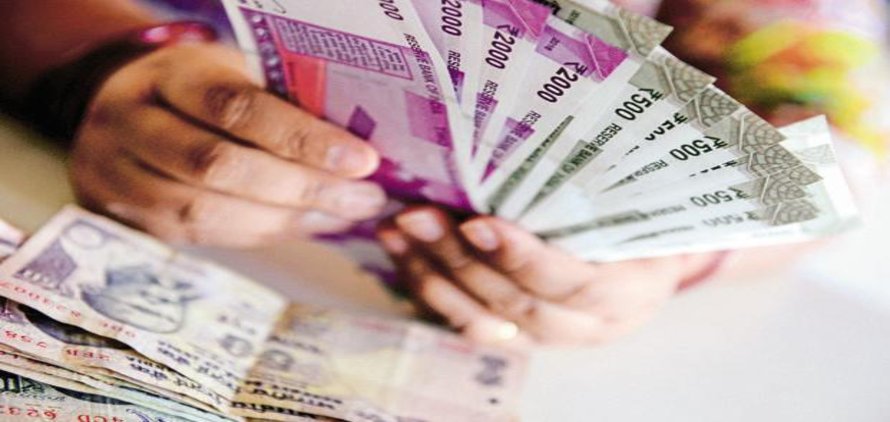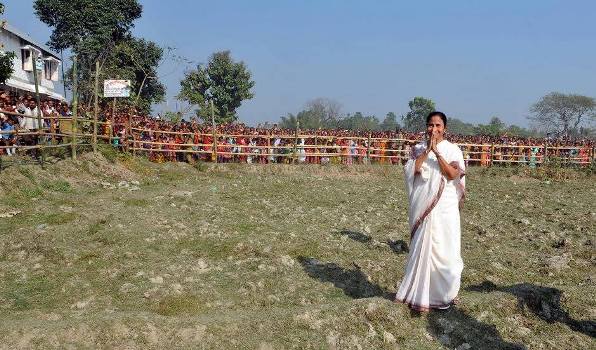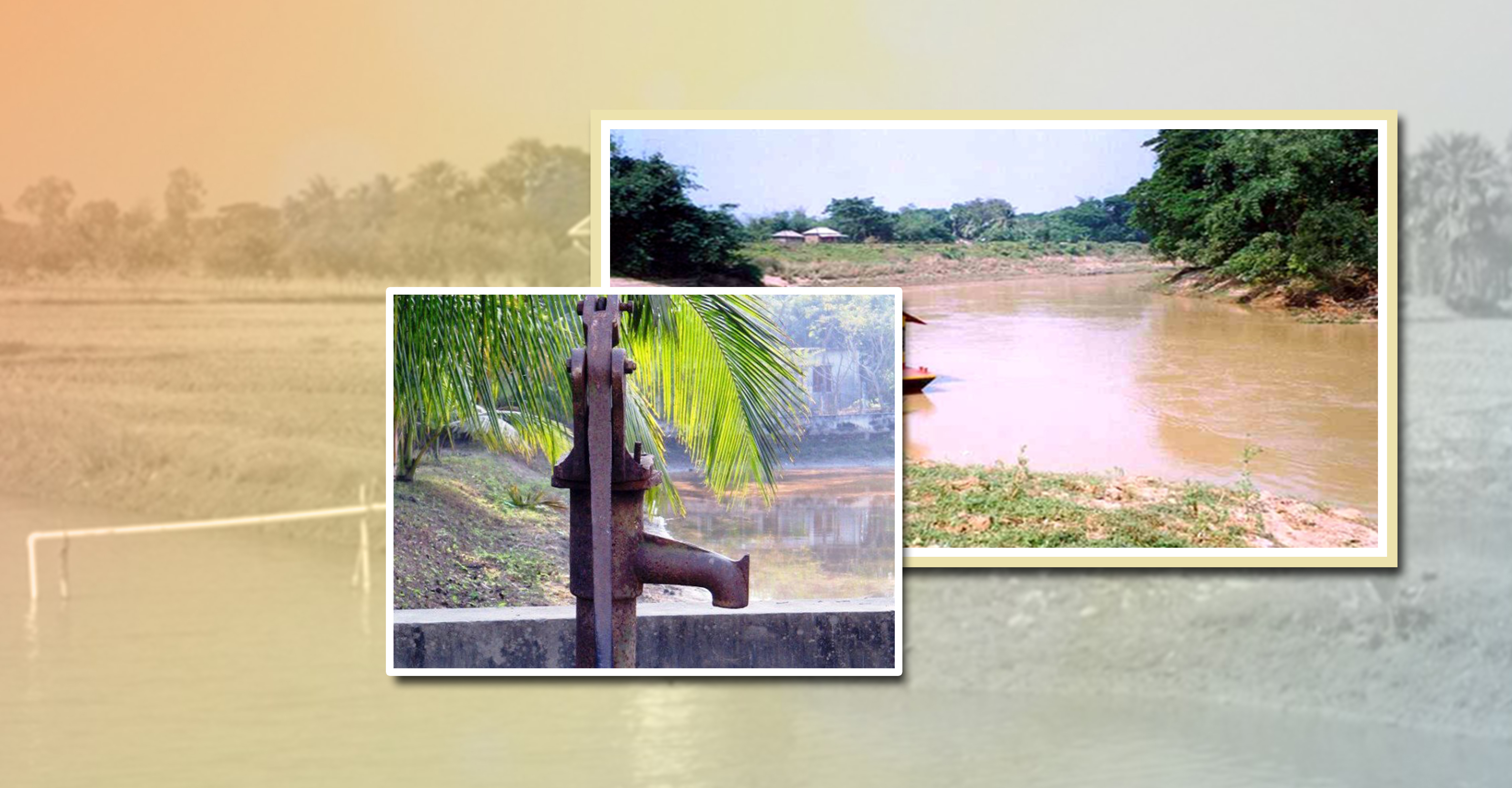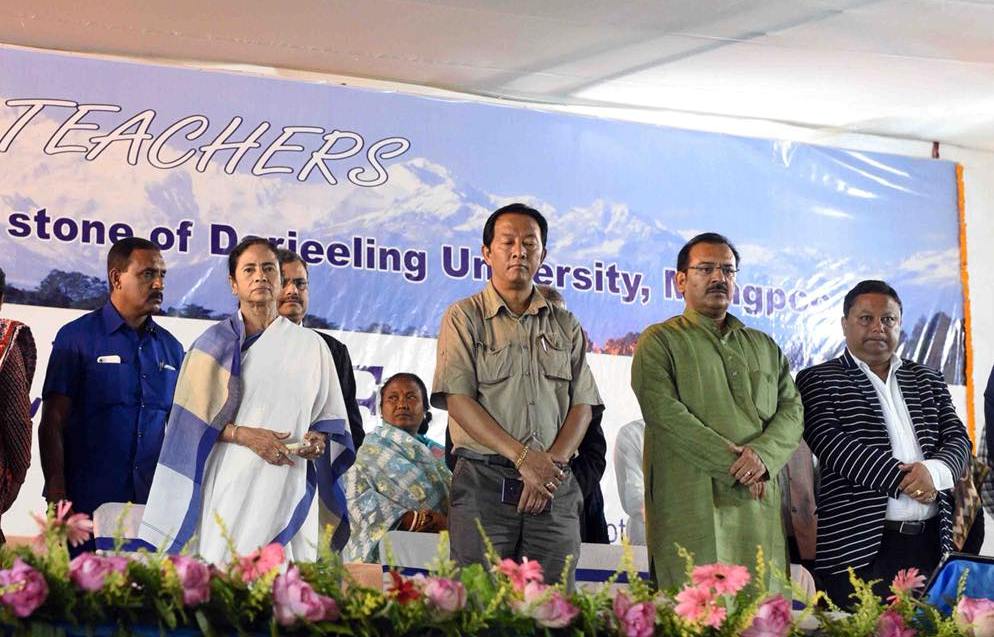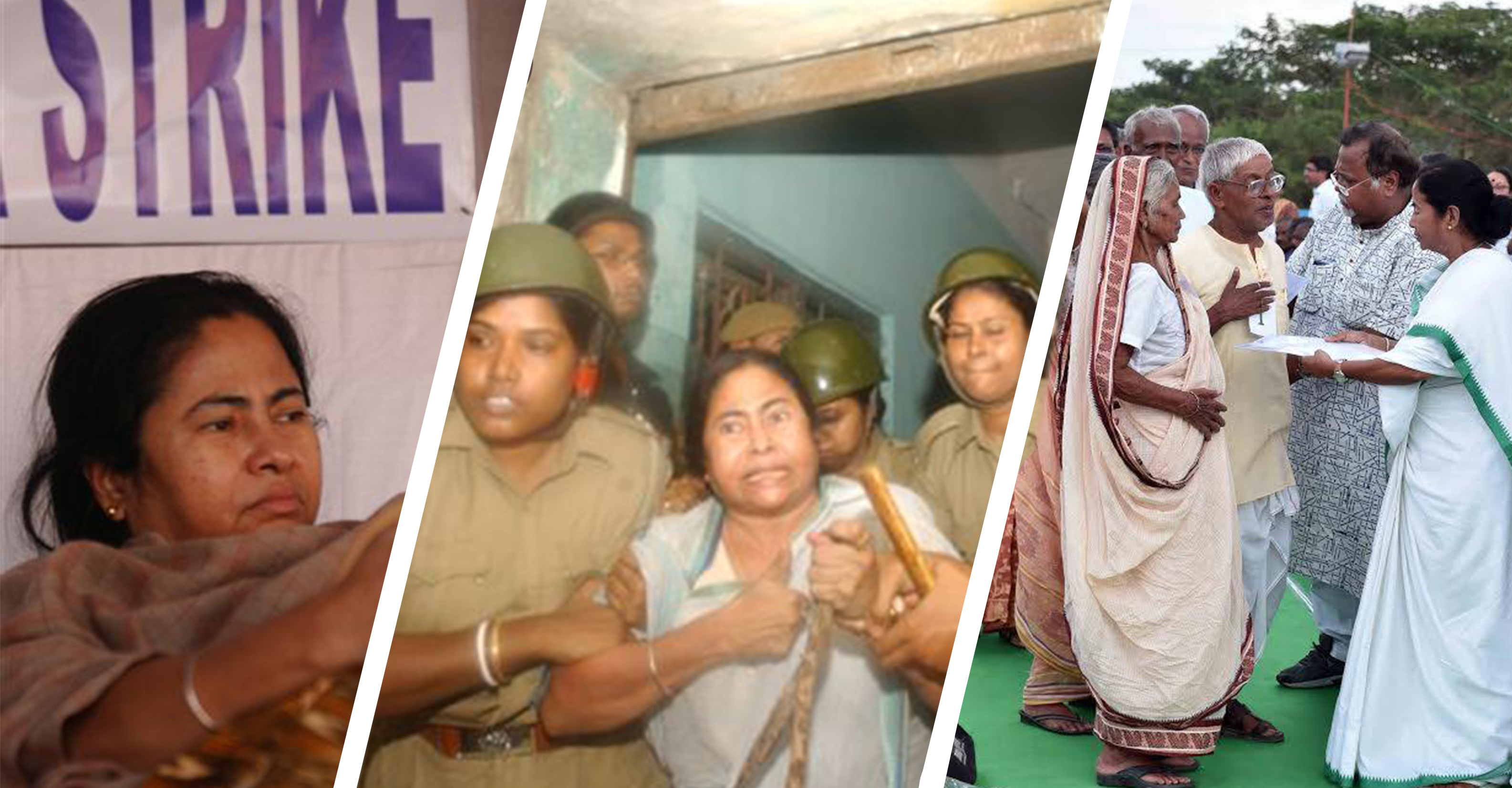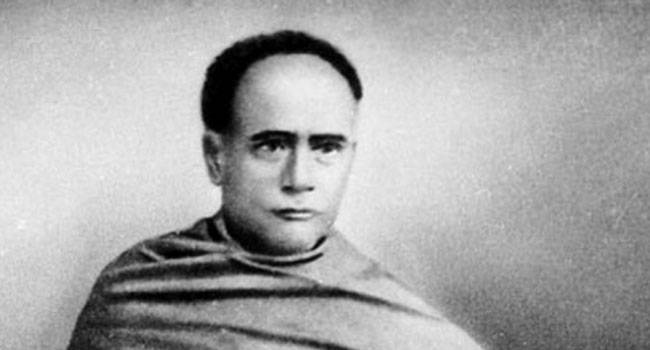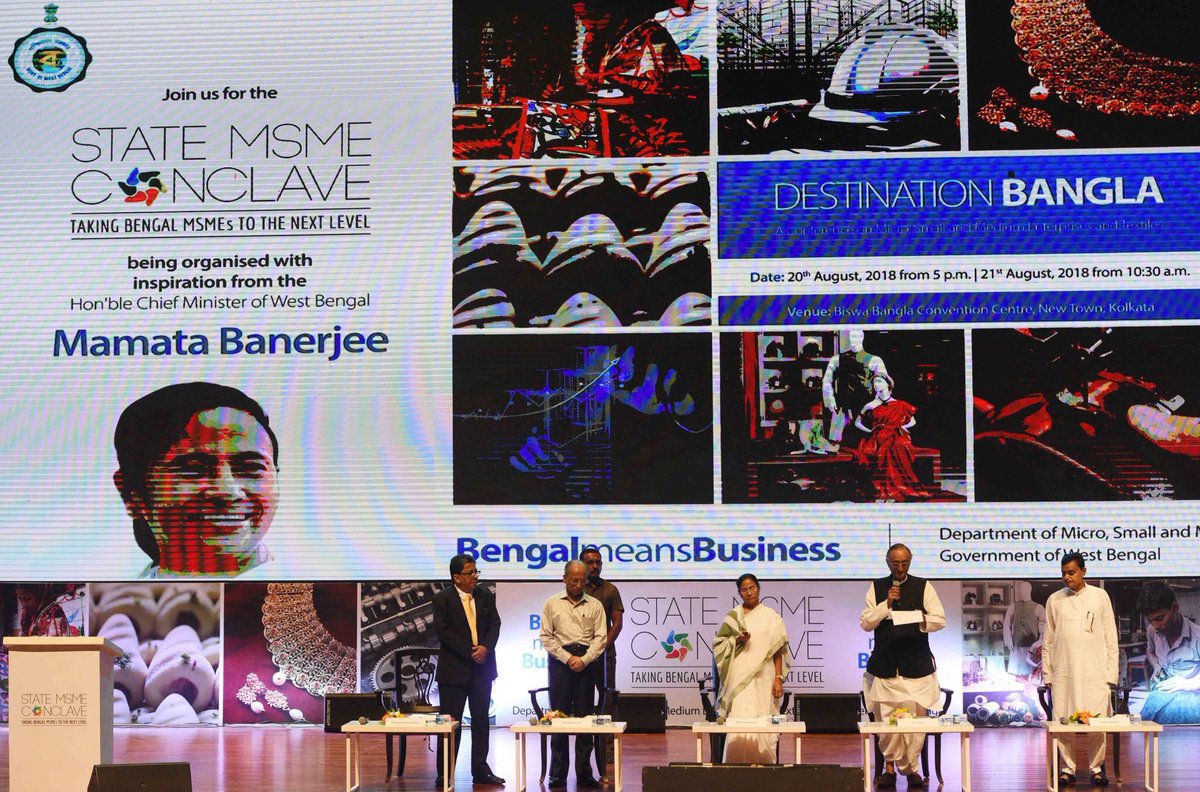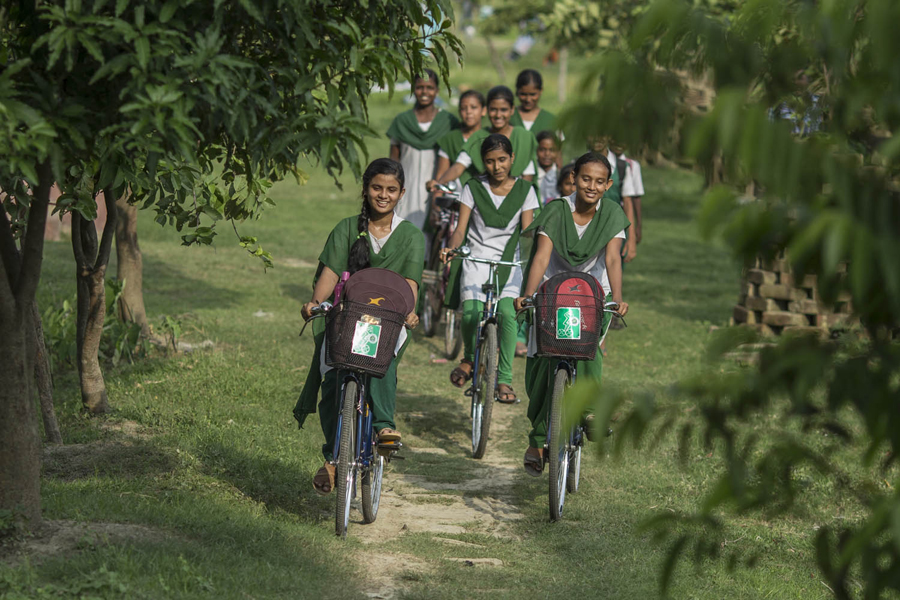Bangla Chief Minister Mamata Banerjee today laid the foundation stone of ‘Darjeeling Hill University’ at a function in Darjeeling, to commemorate Teachers’ Day. This university will come up at Mungpoo.
Highlights of the Chief Minister’s speech:
Today is the birth anniversary of Dr Radhakrishnan, which is observed as Teachers’ Day. My tribute to all Siksha Gurus on this occasion. They are the pillars of our society, assets of the country.
Today we have honoured 60 teachers with ‘Siksha Ratna’ award and 13 schools have been awarded the ‘Best School’ award. We are also honouring Swapna Barman (who won Gold in Heptathlon at Asian Games). We are a poor government. We have to pay Rs 48,000 crore as instalment for the debt incurred by the previous Left Front Government. Yet, we try our best to help. We have given a cheque of Rs 10 lakh to Swapna’s mother and promised a government job to her brother. If she wants, we will give a government job to her also.
We are formulating a new Sports Policy so that our players can participate in international competitions. We are here to provide all help and cooperation.
Today is a day of pride for Darjeeling. We have laid the foundation of ‘Darjeeling Hill University’ today. We will name this campus after Tenzing Norgay. Another campus will come up which will be named after Kanchenjunga. One more campus will be named after Bhanu Bhakta ji.
The engineering college here will be connected to this university. We are setting up an education hub at Kurseong. Presidency University is also setting up a campus here. An education hub is coming up at Kalimpong also.
We have allocated 25 acres of land for ‘Darjeeling Hill University’. The subjects that will be taught here include, humanities, social sciences, media science, information technology, vocational training, tourism, travel management, tea management, horticulture, Himalayan Studies etc. The university will award diploma certificates also.
We have set up 23 universities in the last seven years, nine more are coming up. Foundation stone for a university named after Gandhiji will be laid on his birth anniversary. We are setting up a Greenfield university at Hooghly. Bishwa Bangla University is coming up at Bolpur. New universities are coming up Alipurduar and Jhargram also.
These new universities will help us spread the light of education. Students will no longer need to go outside to study. Darjeeling is known for its education infrastructure. Even the Prime Minister of Bhutan once told me he studied at Graham’s Home.
The police here is conducting a community development programme called ‘Rising Star’ – it is a commendable effort. Darjeeling is known for its talented music and dance performers. We have decided to organise a cultural festival in Darjeeling in 2019 with all the Asian countries.
We have distributed cycles to 1 crore students of classes IX to XII. Since it is difficult to ride a cycle in the hilly areas, we have decided to distribute school bags and raincoats to 28,000 students in the Hills. No one will be deprived.
Many new roads have been created in Darjeeling. The Hills are very close to my heart. We have formed a committee for the development of this region. They will prepare a report within six months with short term, mid-term and long term plans for development. We will explore ways of increasing employment opportunities, home tourism, industry, software, IT. I am confident this committee will be successful.
We started home tourism in Lamahatta for the first time. Thrust needs to be given to this sector. I would request the boards to construct 500 houses every year (instead of 1000) and spend rest of the funds for boosting home tourism.
Today we have given forest rights to 431 people for the first time. Land conversion will happen soon. This will solve a lot of problems.
I also had a talk with the chairman of Darjeeling municipality. I urged him to renovate the public clocks in the town. Lal Kothi will also be beautified. The Gandhi road in Darjeeling will be paved with paver blocks. Pedestrians will benefit because of that. Take small initiatives, make big impact.
I want Darjeeling Hills to prosper. I want you to stay happy. I want to see Darjeeling smiling, Kurseong smiling, Mirik smiling, Kalimpong smiling and Kunchenjunga smiling.
Nature is your biggest asset. You do not have to beg before others. Take a resolve to utilise your own resources and march ahead with pride. My best wishes to all.
Jai Hind. Bande Mataram.

